Soccer Nutrition: Power, Protein and Weight — Hot Topics Today
The latest sports nutrition news from Nancy Clark, MS RD CSSD. Sports nutrition information can help soccer players perform at their peak and recovery faster – Strength and power can be keys to success on the field yet youth soccer players used to neglected the performance and recovery benefits which good nutrition offers – but today, elite soccer players are beginning to understand their value — and the top 1% know the difference good nutrition can make.
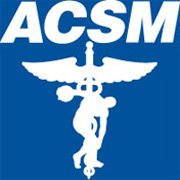 Soccer Nutrition News: The American College of Sports Medicine (ACSM) is the world’s largest organization of sports medicine and exercise science professionals. Over 6,800 exercise scientists, sports dietitians, physicians, and health professionals gathered to share their research at this Sports Medicine’s annual meeting in Boston from May 31st to June 4th. What was the hot topic? Weight and Protein and how they impact performance.
Soccer Nutrition News: The American College of Sports Medicine (ACSM) is the world’s largest organization of sports medicine and exercise science professionals. Over 6,800 exercise scientists, sports dietitians, physicians, and health professionals gathered to share their research at this Sports Medicine’s annual meeting in Boston from May 31st to June 4th. What was the hot topic? Weight and Protein and how they impact performance.
Protein
Despite popular belief, high protein diets are unlikely to harm your health — if you are healthy. Extra protein does not cause kidney failure, nor does it cause bone loss. Yet, diets high in animal protein can be filled with unhealthy fats, as well as be harmful to the environment.
It’s all about moderation.
Protein is a positive addition to a weight management program. One reason, it is satiating — helps keep you feeling fed. Another reason, it helps to curb loss of muscle. When deprived of fuel, the body breaks down muscles for energy.
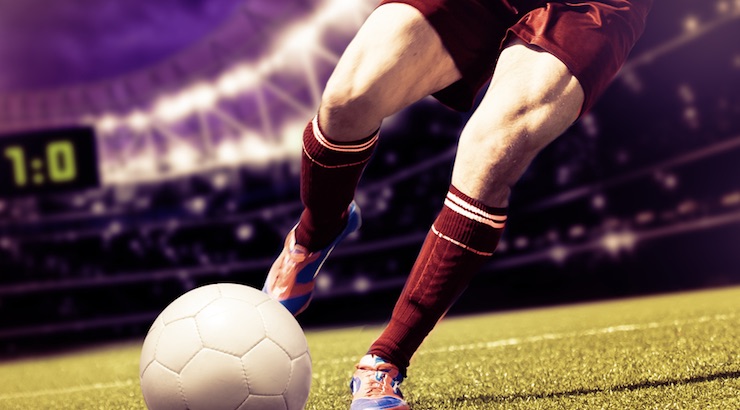
The less muscle you have, the fewer calories you burn.
Eating extra protein is NOT the key to building muscle. The key is to lift heavier and heavier weights — progressive resistance exercise. Surprisingly, soccer players and body builders have similar protein needs per pound of body weight.
Soccer players should pay attention to not only how much protein they eat but also to when they eat it.
Research with 20 grams of protein taken 4 times a day (80 g/day) shows better muscle protein synthesis than 10 grams taken 8 times a day, or 40 grams taken twice a day. Hence, soccer players want to target about 20 grams of protein every 3 to 4 hours at breakfast, lunch, afternoon snack & dinner.
The facts on how much protein you need: Protein needs are based on body weight and not percent of calories. While the total daily need is about 0.5 to 0.75 grams protein per pound (1.2-1.7 g pro/kg), a suggested distribution is 0.12-0.14 grams of protein per pound of body weight per meal (0.25-0.3 g pro/kg).
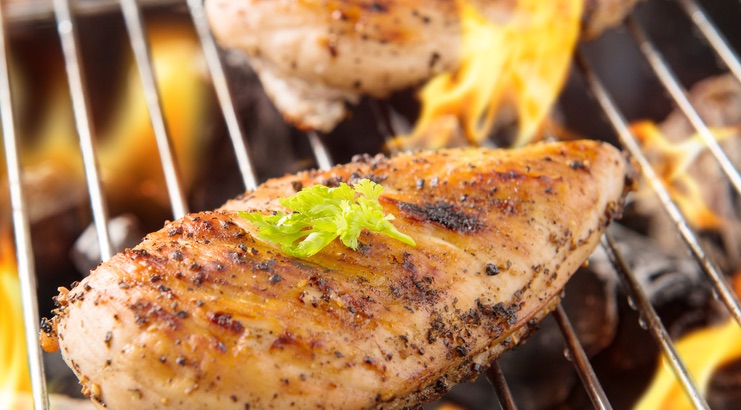 For a 150-pound (68 kg) soccer player, this comes to about 20 grams protein per meal. For a 120-pound (55 kg) soccer player, the dose is about 15 g protein/meal. A 200-pound soccer player (90 kg) needs about 25 g protein/meal. Most athletes eat more than this; the extra protein does not build bigger muscles.
For a 150-pound (68 kg) soccer player, this comes to about 20 grams protein per meal. For a 120-pound (55 kg) soccer player, the dose is about 15 g protein/meal. A 200-pound soccer player (90 kg) needs about 25 g protein/meal. Most athletes eat more than this; the extra protein does not build bigger muscles.
 Dieters, serious soccer players, and masters athletes who want to reduce muscle loss associated with aging can benefit from another 40 grams of protein before bed.
Dieters, serious soccer players, and masters athletes who want to reduce muscle loss associated with aging can benefit from another 40 grams of protein before bed.
Extra bedtime protein reduces overnight muscle breakdown and enhances overnight muscle growth. Cottage cheese, anyone?
The “anabolic window of opportunity” otherwise known as the optimal time to eat protein after a workout to build muscle is longer than initially thought.
After a weight-lifting session, the muscles are in building-mode for the next two days. In comparison, the best time for refueling depleted muscle glycogen is within the first hour or two after exercise. Your best recovery bet is to enjoy a post-exercise carb-protein combination that both builds and refuels muscles. Eggs and toast? Chicken and rice? Chocolate milk?
Weight Management
Do we actually know what drives the obesity epidemic in America?
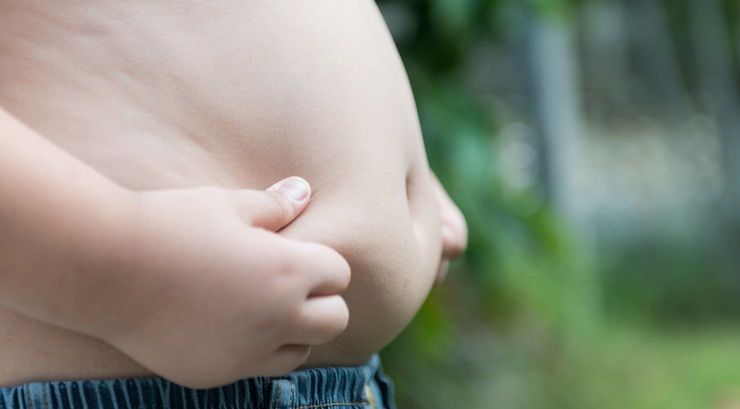 We look around and kids are obese everywhere we look. Yes, kids to get outdoors and exercise but what about eating — is the food intake too high? Or does body fatness reduce the desire to exercise? We have much to learn about this delicate balance.
We look around and kids are obese everywhere we look. Yes, kids to get outdoors and exercise but what about eating — is the food intake too high? Or does body fatness reduce the desire to exercise? We have much to learn about this delicate balance.
Hunger — that irritating feeling that motivates you to eat — is related to muscularity — but not to body fatness.
Muscular soccer players have more hunger than their less-muscular peers and they need more fuel. Hence, if you love to eat — and be lean, lifting weights could be a helpful addition to your training program.
 We each have hundreds of types of microbes in our gut that help with digestion. The microbe profile of people with obesity differs from that of lean people. In mice, we know that obese mice absorb more calories from their food than do their lean counterparts. When the gut microbes of obese mice are transplanted into lean mice, the lean mice start to gain weight.
We each have hundreds of types of microbes in our gut that help with digestion. The microbe profile of people with obesity differs from that of lean people. In mice, we know that obese mice absorb more calories from their food than do their lean counterparts. When the gut microbes of obese mice are transplanted into lean mice, the lean mice start to gain weight.
The bottom line: eat a diet that makes for a healthy and slimming gut microbiome: fiber-rich fruits, vegetables, legumes, and whole grain foods.
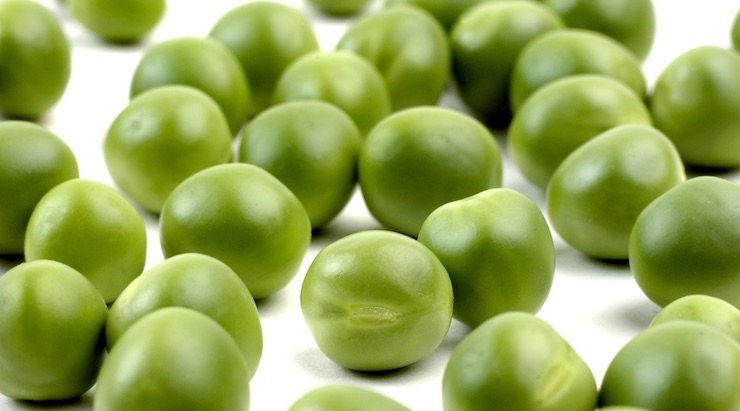 Body fatness is strongly linked to sleep deprivation. In a weight reduction study with 123 overfat adults, those who slept the most lost more weight than those who were sleep deprived. In another study with 77 overfat men, a third of them had undiagnosed sleep apnea. They lost less weight than those who slept well. Clearly, sleep is an essential part of a weight management program. If you sleep poorly and struggle to lose weight, you might want to find out if undiagnosed sleep apnea is part of the problem.
Body fatness is strongly linked to sleep deprivation. In a weight reduction study with 123 overfat adults, those who slept the most lost more weight than those who were sleep deprived. In another study with 77 overfat men, a third of them had undiagnosed sleep apnea. They lost less weight than those who slept well. Clearly, sleep is an essential part of a weight management program. If you sleep poorly and struggle to lose weight, you might want to find out if undiagnosed sleep apnea is part of the problem.
Eating the majority of your calories in the earlier part of the day helps to maintain leanness.
In a 20-week study with 420 people, the subjects who ate a late lunch lost less weight than those who ate an earlier lunch.
Interesting Nutrition Fact: Why does meal timing matter if you eat the same amount of calories, only at different times? Diet-induced thermogenesis — the amount of energy needed to digest and assimilate a meal, generally 7% to 10% of calories consumed — is lower at night. Circadian rhythms that drive hunger are also stronger at night compared to morning.
Question: Should people in treatment for eating disorders be allowed to exercise?
Traditionally, the answer has been no.
Current research indicates no adverse effects, as long as the person is medically stable. Yoga, lifting weights, and aerobic exercise — 30 minute limit — have been shown to be beneficial in terms of greater muscle mass and weight gain, with fewer disordered eating symptoms. Yes, exercise can be helpful for people with eating disorders—as long as exercise is moderate and accompanied by adequate fuel.
 Remember – people should always consult their own personal physician for guidelines. This is only a general recommendation and not applicable for all players.
Remember – people should always consult their own personal physician for guidelines. This is only a general recommendation and not applicable for all players.
Sports nutritionist Nancy Clark MS RD CSSD has a private practice in the Boston-area (Newton; 617-795-1875). She teaches both fitness exercisers and competitive athletes how to eat to perform well. Her best-selling Sports Nutrition Guidebook and Food Guide for Soccer, as well as her teaching materials, are available at nancyclarkrd.com. For online and live workshops, visit NutritionSportsExerciseCEUs.com.
Reference: Thomas D et al. Effect of dietary adherence on the body weight plateau: a mathematical model incorporating intermittent compliance with energy intake prescription Am J Clin Nutr. 2014 Sep;100(3):787-95






